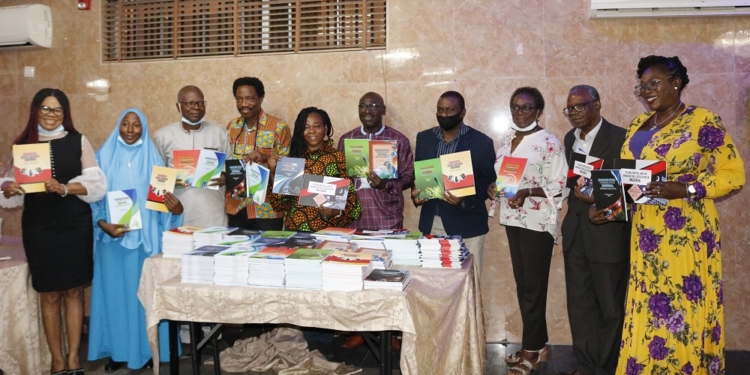Media Professionals in Nigeria have raised concerns over the lack of independence of the National Broadcasting Commission (NBC), the regulatory agency of the broadcast media in Nigeria.
Raising this concern during a media stakeholders meeting organized by the Institute For Media and Society powered by EU-Support to Democratic Governance, Dr. Akin Akingbulu, Executive Director, IMS charged the media to raise their advocacy voice to fight for the independence of media regulatory agencies.
“We want Independence for the NBC for it to be able to do its work as articulated in the International instrument,” he added.
Further encouraging the media to do more in promoting the participation of marginalized groups; Persons with Disabilities, Women and Youths in politics, Dr. Akingbulu called for special training of journalists on the coverage of marginalized groups in the electoral process.
According to him, IMS had already commenced the training of journalists with the aim of promoting disability-inclusion in Nigeria’s electoral processes.
“We are working with critical partners to ensure that the media gives attention to disability inclusion in this country,” Akingbulu said.
Also speaking at the stakeholders meeting, the Executive Director, International Press Centre, Mr. Lanre Arogundade who said that the media is in the age of convergence pointed out that every aspect of the media can be affected by the operation and policies of NBC, be it print, online or broadcast media.
Mr. Arogundade also buttressed on the need for media stakeholders to join the demands for the independence of the NBC stressing that it would be in favour of the media to a large extent.
On his part, Mr. Waheed Ishola, Director, National Orientation Agency, Lagos State Chapter, who pointed out that journalists had a critical role in keeping Nigeria’s democracy tagged journalists as endangered species.
Ishola also raised concerned over the private ownership of the media and the need for media organizations to provide equitable airtime and access to all political parties and their representatives.
Questioning the possibilities of the private media to providing equitable airtime to all political parties, Ishola argued that most of the private media houses are owned by individuals with vested political interest.

